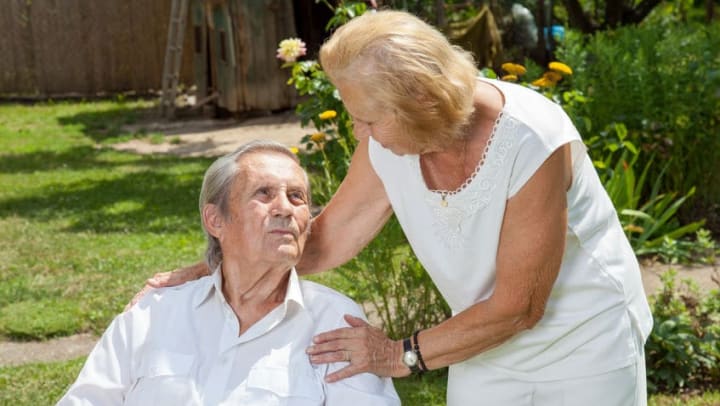
May is National Stroke Awareness Month. Arming ourselves with information about strokes is important for so many reasons. But did you know that strokes can lead to a condition called vascular dementia? According to the Alzheimer’s Association, vascular dementia represents 5-10% of dementia cases but is considered the second most common type of dementia, after Alzheimer’s disease. What causes vascular dementia is the lack of sufficient blood flow to the brain typically caused by a stroke.
The symptoms of vascular dementia are, in many ways, similar to those found in Alzheimer’s disease and other forms of dementia. They are as follows:
Sometimes, rather than a single major stroke event, a stroke may manifest itself in multiple, small strokes which also affect blood vessels, along with neuro-fibers deep in the brain. The result is often a more gradual change in cognition and behavior. Early signs of this type of stroke sequence can be impaired judgement, uncontrolled crying or laughing and a shorter attention span.
If you have a loved one who has recently suffered from a stroke, make sure you are following up regularly with their physician and be on the lookout for early signs of vascular dementia. Your physician should be able to provide you with some resources. Take extra care to maintain a regular schedule for check-ups to ensure that your loved one is getting proper care and maintaining a healthy diet and lifestyle.
At Anthem Memory Care communities, our teams understand how a stroke can bring with it emotional challenges as well as physical ones. We work regularly to help our residents maintain an optimum level of cognitive, emotional and physical health. That’s why we recommend that family caregivers take extra care to be patient and supportive of a loved one recovering from a stroke and keep alert for any cognitive issues that might begin to arise.
Being proactive can make all the difference!
Related Articles: